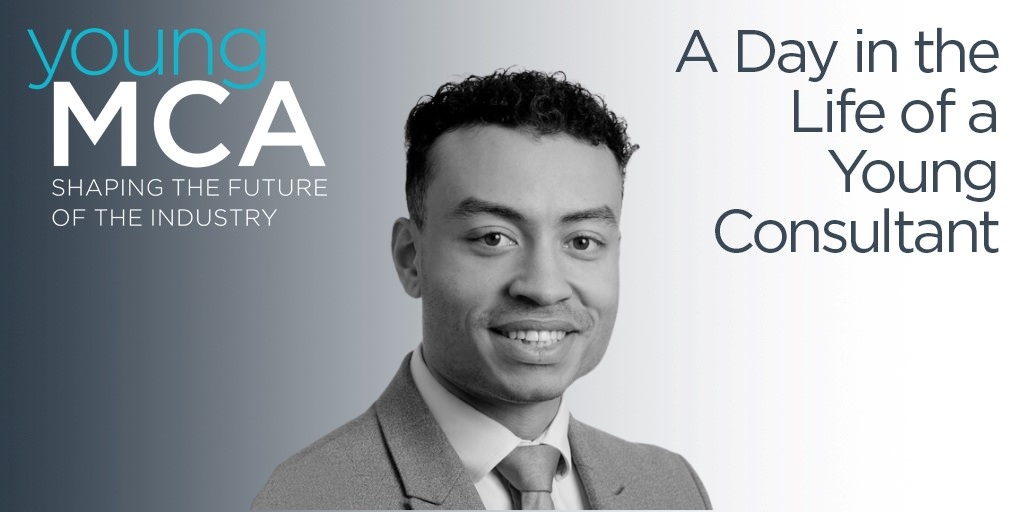My name’s Jonny and I’ve been a management consultant at PwC for around 4 and a half years. Before this, I did a placement year during my time at the University of Bath at a large investment bank, and though it was an amazing opportunity, it wasn’t the job I wanted longer term, so on leaving university I went to work for a smaller business in financial services research. Again, I quickly realised that it wasn’t the right place for me, and was slightly worried that I may not find a place where I both enjoyed my job and felt like I was doing well. That was until I got my offer from PwC and kicked off my career in consulting – over the time I’ve been in the industry I’ve definitely felt far more at home than I ever have before!
This is, in part, because I’ve had the opportunity to work on some incredible cutting-edge technology over the past few years. Just before the pandemic I moved from a long-term project working for an investment bank to a business development role, helping to drive a team that had developed a conversational analytics solution on Google Cloud, which set me up to be in the position I am today.
Since then, I have been part of the design, development, and selling of multiple cloud native solutions that solve important problems for PwC’s clients, and alongside some key senior advocates who helped to build my career, developed the sell-with relationship between PwC and Google to support this. Now I am the markets and clients lead for one of our most mature solutions, a key Google Cloud contact within PwC, and I continue to support the development of new cloud native solutions for our clients.
Therefore, a typical week for me includes a lot of conversations with an array of different stakeholders. Usually in an average week I will have multiple client conversations, often from many industries, at differing levels of maturity. These could be initial conversations to share an interesting solution that we’ve developed with them, or workshops to better understand their existing challenges today, or later in sales cycles, conversations around proof of concepts that we may be running, getting feedback on our solutions so that we can better tailor them to our clients’ needs.
I’ll also have conversations with our engineers and architects to understand the roadmaps for our solutions and help to shape these roadmaps based on demand from clients. On top of this I’ll work with our internal account teams to understand which clients might be suffering similar problems and I’ll speak with Google Cloud (and other hyperscalers too where relevant) multiple times per week so that we can manage jointly going to market.
It’s important to me that I also have an internal impact at PwC, and within the consulting industry more broadly, so I support the Professional Business Services Council Skills & Inclusion working group, which works with government officials to support the skills needs of our sector and am involved in some of the ethnic minority networks within PwC.
My two favourite things about working in consulting are 1) the amount of amazing people we get to work with, both internally and externally (clients, other suppliers, etc), and 2) solving crazy problems with exceptional new technology. I never thought I would be able to support the development of the solutions we’ve built, given I have no technical background, but I’ve still found a place to add value in this space thanks to consulting. It can be tough too as the industry requires you to be a self-starter, particularly on the selling side, and in the earlier stages of your career it can be hard to have the right relationships with potential clients to secure business, but it’s a challenge that you get a whole career to overcome!
If you’re thinking about getting into consulting, as it’s a people business, I would recommend speaking to a few people within the industry (maybe through LinkedIn), from different firms, so that you get to know the type of people that you’ll meet and work alongside. I would also think honestly about what motivates you, maybe it’s people, maybe it’s learning, maybe it’s work-life balance, maybe it’s compensation, and use those motivations as your scorecard for consulting.

